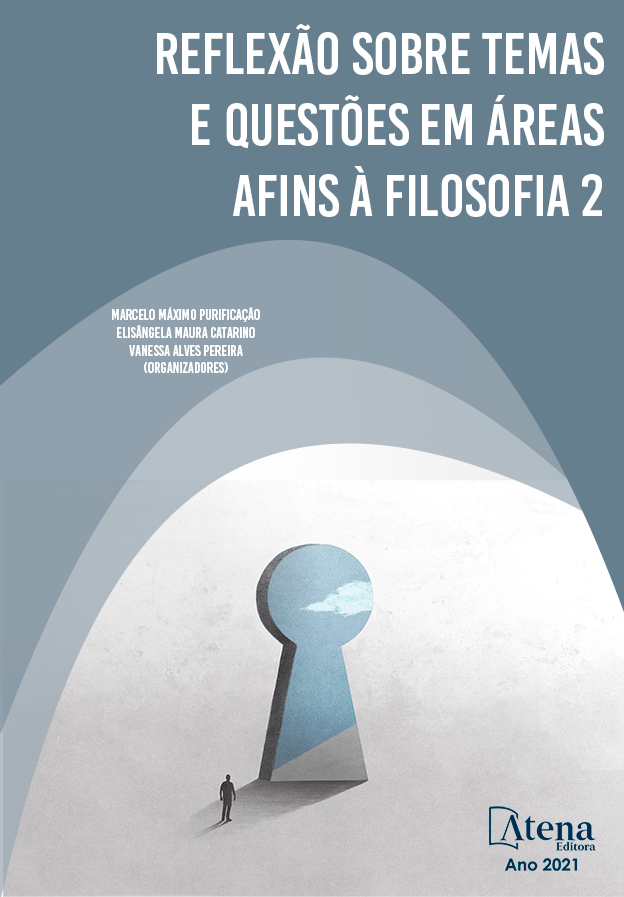
A RAZOABILIDADE FILOSÓFICA DA CRENÇA RELIGIOSA NA RESSURREIÇÃO DOS MORTOS
O texto discute a razoabilidade da crença religiosa na ressurreição dos mortos a partir do princípio de que a ciência não detém o monopólio do real e não esgota a totalidade do humano. Apesar da salvação religiosa ainda ser considerada por agnósticos e ateus uma fonte de alienação, ela ainda inspira esperança para uma parcela considerável da humanidade. Isto porque ela dá respostas à necessidade humana de ser reconhecido e afirmado frente ao fato inquestionável da finitude da vida. A crença em Deus decorre do fato de que uma vida sem transcendência é trivial, por isso, o homem merece que a vida não termine com a morte. Sendo o mal uma necessidade estrutural de um mundo que carrega em si uma multiplicidade de possibilidades conflitivas, torna-se mister reconhecer que a racionalização do enigma do mal tem seus limites. Mesmo que o discurso razoável sobre o mal não seja uma exclusividade das religiões, a ideia de salvação religiosa, de uma mortalidade que que não acaba com a morte, repara a questão do mal como condição inerente da criatura finita.
A RAZOABILIDADE FILOSÓFICA DA CRENÇA RELIGIOSA NA RESSURREIÇÃO DOS MORTOS
-
DOI: 10.22533/at.ed.7312111032
-
Palavras-chave: Ressurreição do mortos. Razoabilidade. Redenção humana.
-
Keywords: Resurrection of the dead. Reasonability. Human Redemption.
-
Abstract:
The article discusses the reasonableness of religious belief in the resurrection of the dead based on the principle that science does not hold the monopoly on the real and does not exhaust the totality of the human. Although religious salvation is still considered by agnostics and atheists as a source of alienation, it still inspires hope for a considerable portion of humanity. This is because it provide answers to the human need to be recognized and affirmed in the face of the unquestionable fact of the finitude of life. Belief in God stems from the fact that a life without transcendence is trivial, so man desserves that life does not end with death. Since evil is a structural need of a world that carries within itself a multiplicity of conflicting possibilities, it becomes necessary to recognize that the rationalization of the enigma of evil has its limits. Even if the reasonable discourse about evil is not exclusive of religions, the idea of religious salvation, of a mortality that does not end with death, repairs the question of evil as an inherent condition of the finite creature.
-
Número de páginas: 12
- Renato Somberg Pfeffer


